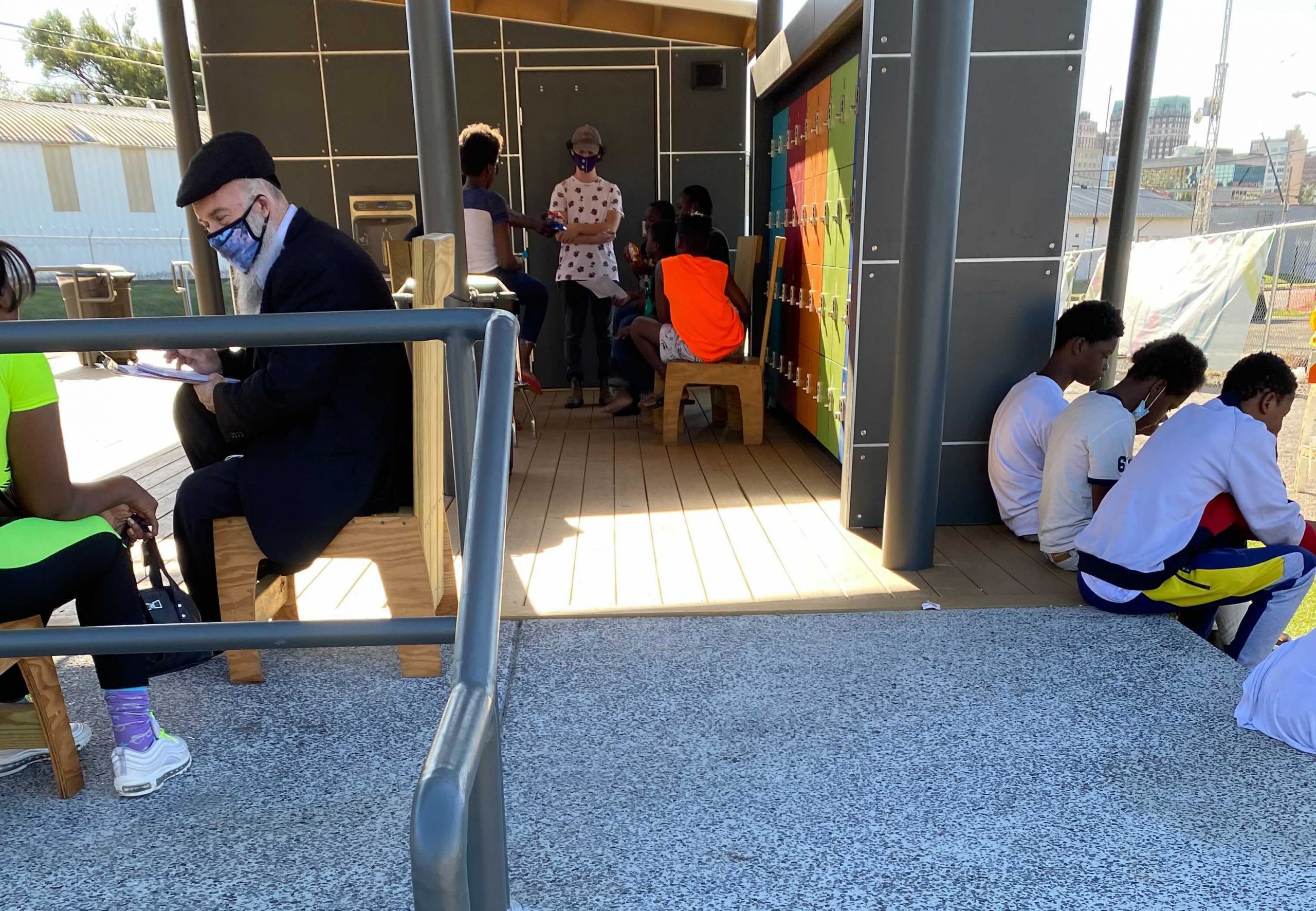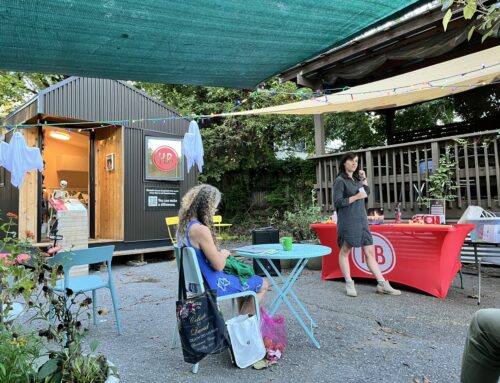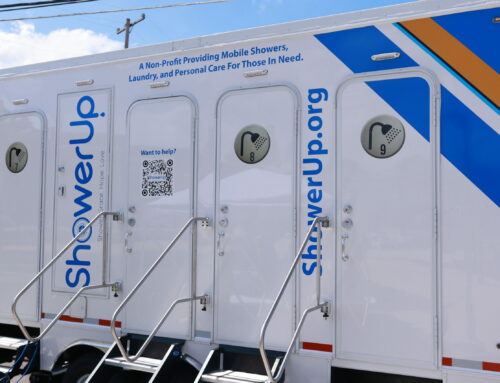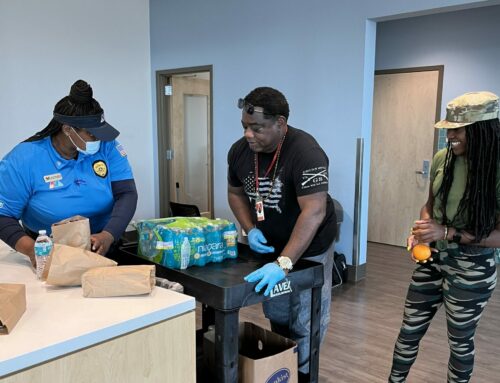Author: Roman Darker
It’s time to start caring about what we don’t see. On September 1, 2020, the Centers for Disease Control announced an eviction moratorium, backed by a Presidential executive order, through December 31, 2020 that claims to “take all lawful measures to prevent residential evictions and foreclosures resulting from financial hardships caused by COVID-19.” But few who work at non-profits catering to the homeless could affirm its effectiveness. At the Hospitality Hub, we have seen a massive wave of families who have been kicked out of their residences and forced to sleep in their cars or jump from one friend’s house to another nightly.
The executive order does not include rent forgiveness, meaning the cost of unpaid rent during the moratorium accrues and is due in full by tenants at or before the end of the moratorium. Some landlords take advantage of tenants’ desperate situation by coercing them to leave their homes now or face formal eviction proceedings in court after the end of the moratorium. Evictions are listed on people’s records for years, which can affect their credit scores and ability to lease an apartment in the future. The city’s partnerships with various non-profits have been impactful in mitigating informal evictions, but nothing other than a national ban on evictions has any chance of catching all the families facing this crisis.
Most of the families we meet at the Hub have multiple children under ten years of age, and many are headed by single mothers. My coworkers and I often say, “the quickest way out of homelessness is to buy your way out.” Finding a stable source of income is usually the first route we pursue with single clients who are capable of working. This is not an option for countless households. Many of the mothers we meet work while their children are in school, and now they must stay home to provide childcare while searching out a source of WiFi for their children’s school attendance to even be possible. We do everything we can with each client, but as evictions continue to rise and family shelters fill up, the options become more limited by the day.
As a non-profit that caters to people experiencing homelessness, each one of us on staff is used to the general criticisms of homeless populations. But the families we work with are not homeless people whom the general public can see. They don’t panhandle. They don’t expect their livelihoods to simply be given to them. In fact, most have been fighting to stay together and survive for a long time.
Visit the National Low Income Housing Coalition’s website to learn more about the CDC Moratorium and to explore actions you can take to support people facing eviction and experiencing homelessness.
About the author:
Roman Darker grew up in Memphis, TN. He graduated from Rhodes College, where he was a member of the national runner-up Mock Trial Team as well as Pi Sigma Alpha National Political Science Honor Society. He is passionate about social justice and has aided in several political campaigns that shared these principles. In his free time, he likes to support the local music scene by attending concerts and occasionally performing with his friends.






